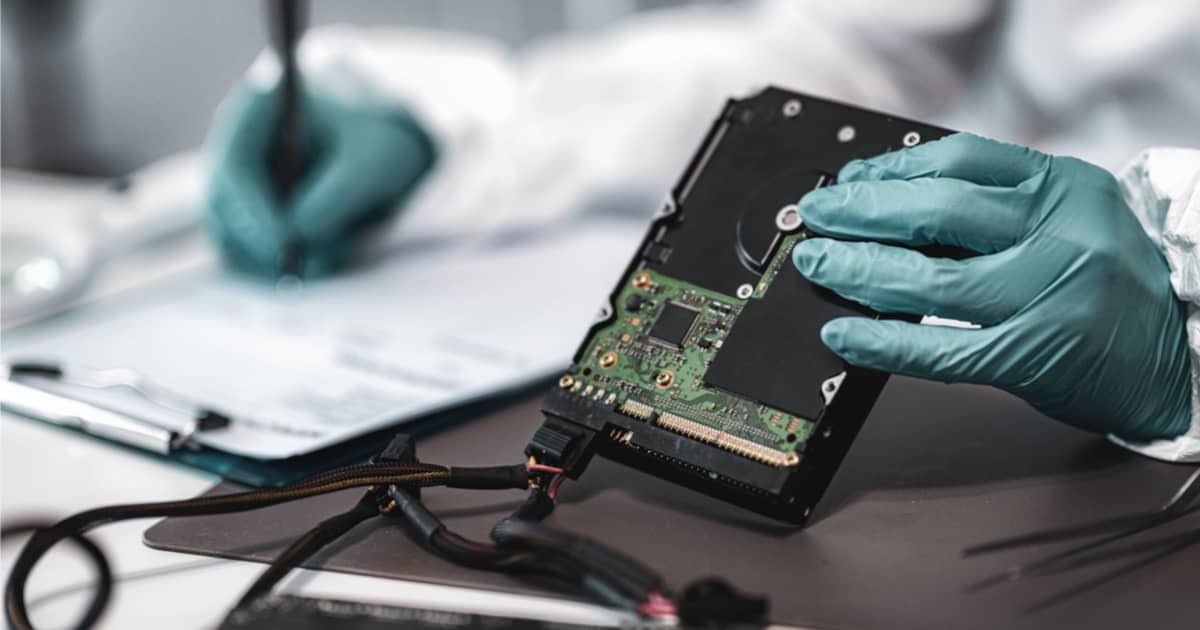Enrolment options
Objective
The Digital Forensics officer must have a technical background and practical knowledge ofcomputer forensic principles for identification and collection of digital evidence.
The basic level course for Incident Responder's track shall help the Law Enforcement Agencies gain an understanding of following subjects:
- Different types of cyber crimes.
- What is Digital evidence and analysis of digital Evidence.
- How to preserve the integrity of digital evidence, admissibility of digital evidence in court of law and maintaining the chain of custody.
- Familiarity with different operating systems and applications and file structures.
- Whatis digital forensics and different phases of digital forensics – Identification, Preservation, Acquisition, Authentication and Documentation, also known as IPAAD.
- Standard Operating Procedure for digital forensic process in Indian context.
- Importance of documentation and the documents to be submitted with digital evidence.
- Knowledge of relevant commercial and open-source digital forensics tools such as EnCase, FTK Imager etc.
- Usage of FTK Imager for acquisition of volatile and non-volatile digital evidence through tool demonstration and simulation.
- Usage of EnCase for analysis of evidence.
The cyber-crime fundamentals and handling of digital evidence is explained through case scenarios and demonstration/simulation of tools along with Standard Operating Procedures (SOP)

Estimated Effort: 8 Hours
Guests cannot access this course. Please log in.